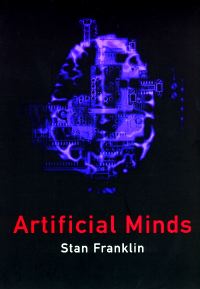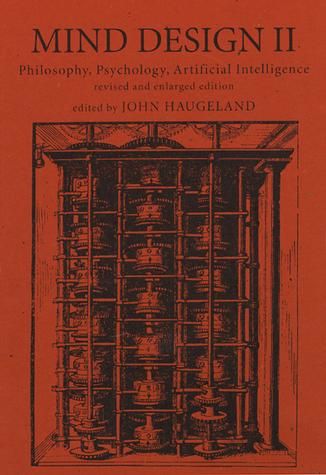

Though science has continued to reveal with increasing precision the ways in which patterns of matter and energy arrange themselves into life, the mind has largely eluded physical explanation. How does thinking arise from brain cells, and how can thought control the body? Researchers in artificial intelligence believe that the best way to understand the mind is to reproduce it in a machine. They have been exploring ways to program computers to behave intelligently since the middle of the last century. How far has the field of AI come since then, and what are its prospects for the future? In this course, we will examine the major paradigms of AI research in detail, from symbolic approaches such as knowledge representation, propositional and predicate logic, and search methodologies, to more recent approaches that focus on adaptation and learning, such as neural networks, genetic algorithms, artificial life, and robotics. We will also investigate the idea of swarm intelligence and machine creativity, and consider some important philosophical questions surrounding AI including consciousness, the mind-body problem, and the Turing Test.
Lecture course. Open to any interested student.
Prof. Jim Marshall
Office: Ilchman Science Center 100
Phone: 2673 (from off campus: 914-395-2673)
Email: j + my last name + @slc.edu
 |
 |
Attendance: On-time attendance in all class meetings is required. If you are unable to attend class due to illness, please contact me on the day of the missed class, or as soon as possible thereafter. If you must miss class for any other reason, please let me know in advance.
Exams and Homework: We will have three exams this semester, covering both the lecture material and the assigned readings. No make-up exams will be given, so if you miss an exam, you miss it. Homework will be assigned every couple of weeks, and will consist of quantitative problems and short-answer questions, similar to those that will appear on the exams. So the best way to prepare for the exams is to do the homework! Your final evaluation will be based on your performance on the homework assignments, exams, and your attendance in lectures and group conference.
Exam Dates:
You are strongly encouraged to come see me whenever you are having difficulty with the material. If you are confused about something, don't stay that way! Staying confused will only make things worse later. Come talk to me as soon as possible so that we can clear up the problem. I'll be more than happy to schedule an appointment. Ask me about it in class, email me, or leave a message on my voice mail. You can also try to catch me on the fly, though I can't always guarantee that I'll have time to meet with you right then.
The highest level of academic integrity is expected of every student. You are strongly encouraged to discuss ideas and approaches to solving problems on a general level with your fellow classmates, but the work you hand in must be your own, and you are not allowed to share your homework files or solutions with others. Effective learning is compromised when this is not the case. Under no circumstances may you hand in work done by someone else under your own name.
When in doubt, credit the people or sources from whom you got help. This also goes for any help obtained via the Internet. You will not lose any points for acknowledging legitimate help obtained in a legitimate fashion (for example, from books, Web sites, or articles). If you are ever unsure about what constitutes acceptable collaboration, just ask. You are also responsible for carefully reading the College's official Policy on Academic Integrity in your SLC Student Handbook. Failure to abide by these rules is considered plagiarism, and will result in severe penalties, including possible failure in the course. Please do not put me, yourself, or anyone else in this unpleasant situation.
